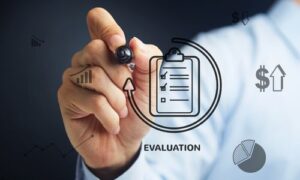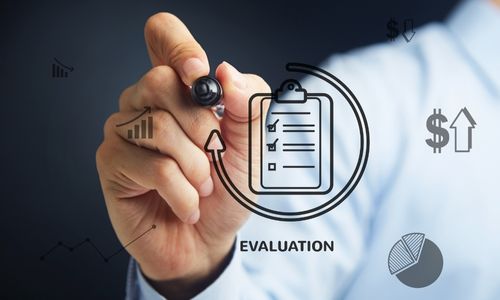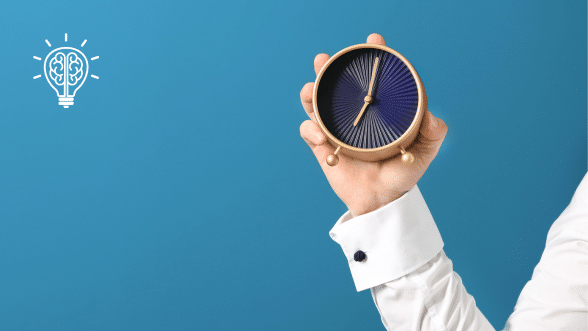
This is part of a blog series on our problem-solving paradigm RISE. Check out the earlier blogs in the series if you missed them!
Executive Function skills are cognitive processes that help us plan and achieve goals. Problem solving is a skillset that allows people to overcome obstacles that are getting in the way of our success in achieving goals. Through this blog series, we hope to help you better understand the breakdown of the problem solving process, tapping into executive function skill development at the same time. We will be discussing the fourth step of problem solving now: Evaluating(Reflecting on) Effectiveness. There are two main points we will explore:
How Evaluating Effectiveness Helps Develop a Growth-Mindset
When people set out to solve a problem, they hope that their first attempt is successful (who doesn’t?!). It’s great if the first attempt works, but how do you know to use it again next time? Even successful strategies should be evaluated so that we are reminding ourselves of why it was successful, and when we should use that strategy again. It’s important to stop, take the time to reflect on the experience, and learn from it (successful strategies help us build up our metacognition by acknowledging strategies that work best for ourselves). This becomes even more important when the strategies are not as successful as we would like them to be.
If a strategy doesn’t work, there’s two outcomes that tend to occur: 1) People feel bad and focus on the fact that they were not successful, or 2) people don’t reflect on the outcome and continue to utilize the same strategy. By evaluating the effectiveness of your strategies, it is possible to turn these typical outcomes on their heads. Every “poor” outcome can turn into a learning opportunity where we learn about ourselves (metacognition), and we can better inform what strategies to use, or not use, in the future.
It is important for us to begin redefining success and failure. Suboptimal outcomes do not need to be understood as failures. Instead we should look at these as opportunities to learn more about ourselves, develop more informed strategies, and turn them into a tool to work towards future success. This is what separates fixed and growth mindsets – we can learn from struggle and create future change.
What executive functioning skills are needed to Evaluate Effectiveness?
Self-Monitoring
When evaluating effectiveness, it is necessary to be able to reflect on how well you are moving towards your goals. A strategy is only as good as it is assisting people in moving towards their goals. In practice, strategy implementation and evaluating effectiveness aren’t independent steps. For example if you try to do work in a noisy room, and it isn’t working, you shouldn’t keep implementing that strategy to wait and see if it works. It is also important, and this ties into the next executive function of metacognition, to develop self-monitoring strategies to be able to objectively evaluate effectiveness. Try coming up with self-monitoring scales to do this. You can measure/monitor things like how long it takes, how did you feel doing it, or how accurate was the outcome. All of these should be part of the equation!
Metacognition
When evaluating effectiveness do not just focus on the final product. As we just mentioned, aspects of efficiency and your feelings should play into the equation. This is where metacognition becomes necessary when evaluating effectiveness. Ask yourself questions like, “Did this work best for my learning style?” or “Did this strategy play to my strengths while mitigating challenges?” Always remember that we are evaluating how effective a strategy is for ourselves, not people in general. This helps you maintain the growth-mindset. It doesn’t matter what works for others, stay focused on what works best for you.
Yes, this is the “last” step in our RISE paradigm, but that doesn’t mean problem solving is complete. As future problems come up, use everything you’ve learned to better inform the future problem solving. You may be able to better recognize problems and create better informed strategies now that you’ve learned from the previous experiences! This is the last entry into our blog series on our RISE problem solving paradigm. If you have not yet read the other parts of our problem solving blog series, do go check it out! If you are struggling to create these changes, and need some help seeing them through to completion, give us a call!





